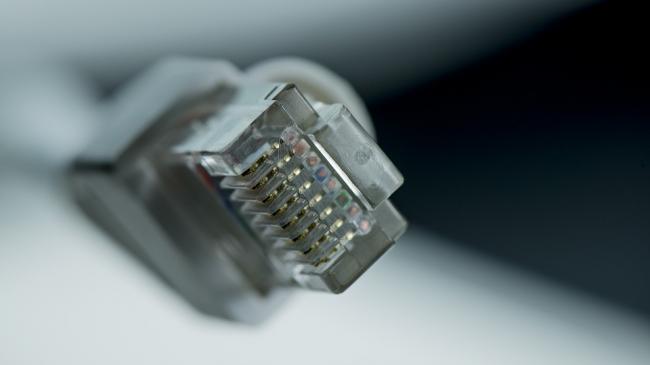
More and more governments now benchmark broadband status in their national plans, says new global report
New York, Sept 12 (IBNS): A new report issued today by the Broadband Commission for Sustainable Development shows that a growing number of governments now benchmark the status of broadband in their national broadband plans.
This year, the report shows for the first time that at least 15 countries now have strategies in place for promoting the safe use of Artificial Intelligence.
The report, The State of Broadband: Broadband Catalyzing Sustainable Development, highlights the critical role that broadband connectivity plays for the world's people, from accessing online health services to receiving social security payments via mobile phones to receiving life-saving disaster warnings.
"Broadband infrastructure is vital country infrastructure, as essential as water and electricity networks. The data analysis and policy recommendations contained in the 2018 State of the Broadband report come at a crucial time when Internet access is more important than ever before," said Houlin Zhao, Secretary-General of the International Telecommunication Union (ITU), who serves as co-Vice Chair of the Commission alongside UNESCO Director-General Audrey Azoulay.
To boost broadband, the Broadband Commission recommends: building national leadership for broadband; promoting Internet training and stimulating consumer and business demand; monitoring ICT developments to inform policy; reviewing universal service measures; strengthening digital skills and literacy; supporting local eBusinesses and entrepreneurs; adapting legal frameworks; and reducing taxes and duties on telecom products and services.
While the report demonstrates the value of Internet connectivity in today's increasingly digital world, it also raises concerns for the growing inequalities in access to broadband and how connectivity is used within and between countries, sexes and regions.
Today, almost half of the world's people uses the Internet, mostly in urban and densely populated areas. The challenge of connecting people living in rural and remote areas to the Internet persists in many countries.
The scale of the infrastructure that must be built or upgraded to bridge the digital divide and deploy emerging technologies is considerable – last year, ITU estimated that connecting the next 1.5 billion people will cost USD 450 billion.
“4 I's – Infrastructure, Investment, Innovation and Inclusivity, are central to ITU's strategy to leverage the power of ICTs to expand access to broadband services and help accelerate the achievement of all United Nations Sustainable Development Goals," Zhao added.
The report provides a global snapshot of broadband network access and affordability, with country-by-country data measuring broadband access against the Broadband Commission's seven advocacy targets. It also highlights the impact of rapidly evolving communication and information technologies (ICTs), including the implications of emerging trends like the Internet of Things, Big Data and Artificial Intelligence. Advances in mobile broadband (such as 4G and 5G) and next-generation satellite technologies will mean the delivery of digital services more quickly and reliably, with implications for the future of agriculture, climate, disaster relief, education, health and transportation.Image
Image: Internet Wallpaper
Support Our Journalism
We cannot do without you.. your contribution supports unbiased journalism
IBNS is not driven by any ism- not wokeism, not racism, not skewed secularism, not hyper right-wing or left liberal ideals, nor by any hardline religious beliefs or hyper nationalism. We want to serve you good old objective news, as they are. We do not judge or preach. We let people decide for themselves. We only try to present factual and well-sourced news.







